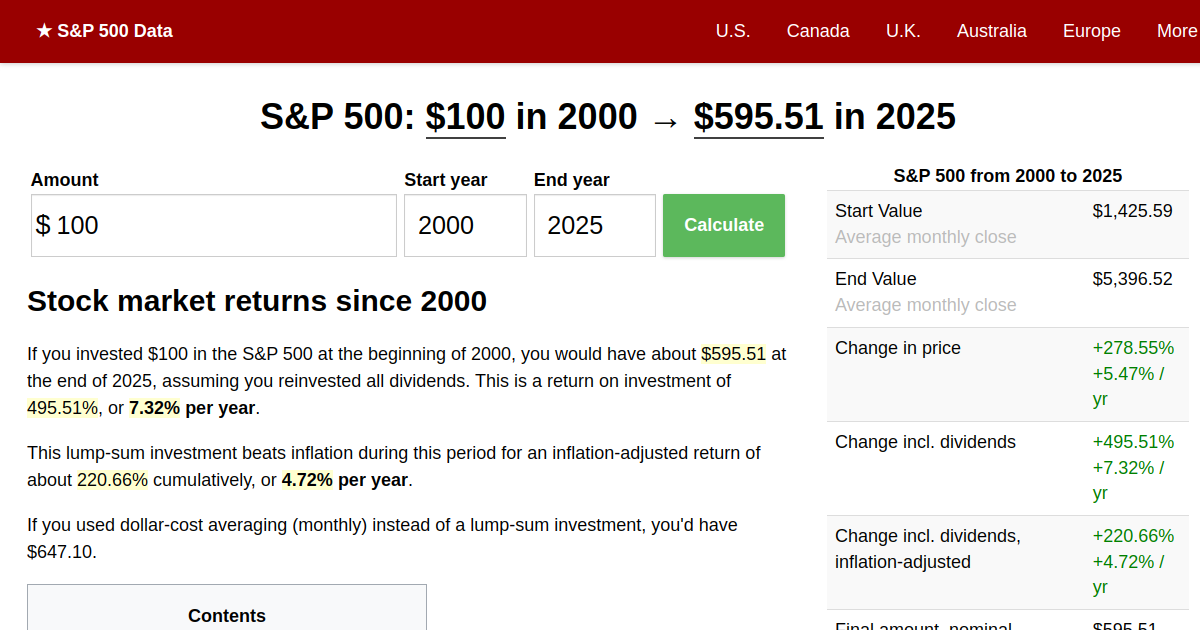Gordon Gekko
Registered User
- Messages
- 7,936
The key point is the hurdle rate for a personally-held share investment with debt at 3%-ish bubbling away in the background.
Parking the other points around risk etc or better mortgage rates for lower LTVs, what’s the point?
I’m taking the guaranteed return every time, thanks. And if markets go up, I’m happy anyway because I prioritise AVCs over mortgage overpayments.
Parking the other points around risk etc or better mortgage rates for lower LTVs, what’s the point?
I’m taking the guaranteed return every time, thanks. And if markets go up, I’m happy anyway because I prioritise AVCs over mortgage overpayments.
